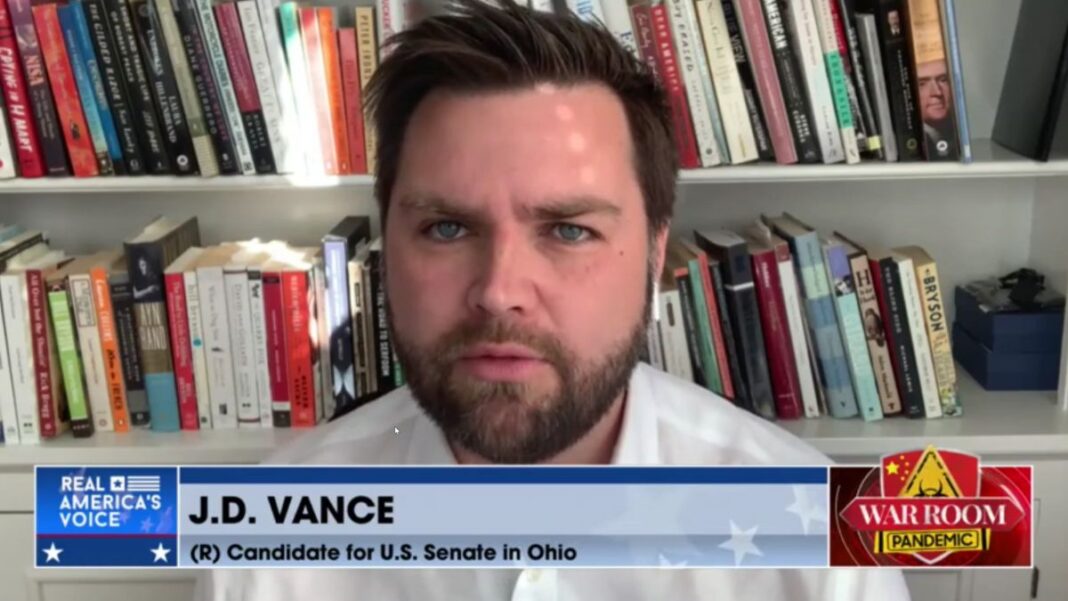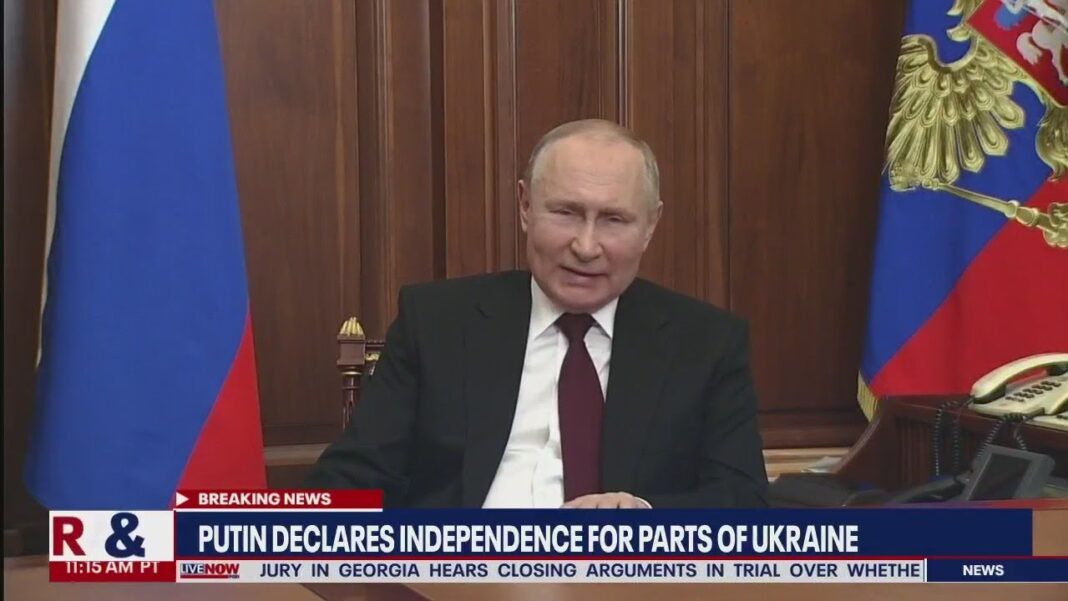
Russian President Vladimir Putin’s on Feb. 21 said that Russia recognizes the independence of the separatist Donetsk and Lugansk regions in eastern Ukraine, which some Western officials assert would give Moscow the pretext to send in troops.
Putin, in a lengthy speech, said that he will “immediately recognize the sovereignty” of the Donetsk and Lugansk regions.
Before, in his speech, Putin suggested that Ukraine isn’t a real country and believes it’s “ancient Russian lands.” The modern Ukrainian state, he alleged, was created by Soviet founder Vladimir Lenin, who ultimately separated Ukraine from the imperial Russian empire.
“Ukraine is not just a neighboring country for us, Ukraine is a part of our cultural space,” Putin asserted, suggesting that the 1991 collapse of the Soviet Union saw Russia get “robbed” of Ukraine. Now, Ukraine is a “U.S. colony” with a “puppet regime” in charge, the Russian leader further said.
In response to the news, German Chancellor Olaf Scholz and French President Emmanuel Macron both expressed disappointment over Putin’s choice to recognize the two areas, according to reports. Putin had informed both leaders of his decision before the speech, according to a news release from the Kremlin.
And the European Union’s top diplomat, Josep Borrell, called on Moscow not to make the decision and argued that it could be a precursor for Russia to annex the Donetsk and Lugansk region.
“If there is annexation there will be sanctions, and if there is recognition I will put the sanctions on the table and the ministers will decide,” Borrell said.
Hours before his announcement, Putin convened his Security Council to consider whether to approve requests by Russian-backed forces in Donetsk and Luhansk to recognize their sovereignty.
Dmitry Medvedev, the council’s deputy chairman, told the meeting it was “obvious” that Ukraine did not need the two regions, and that a majority of Russians would support their independence. Russia already offers passports to residents of the two regions and Medvedev said there were now 800,000 Russian citizens there.
By Zachary Stieber and Jack Phillips







